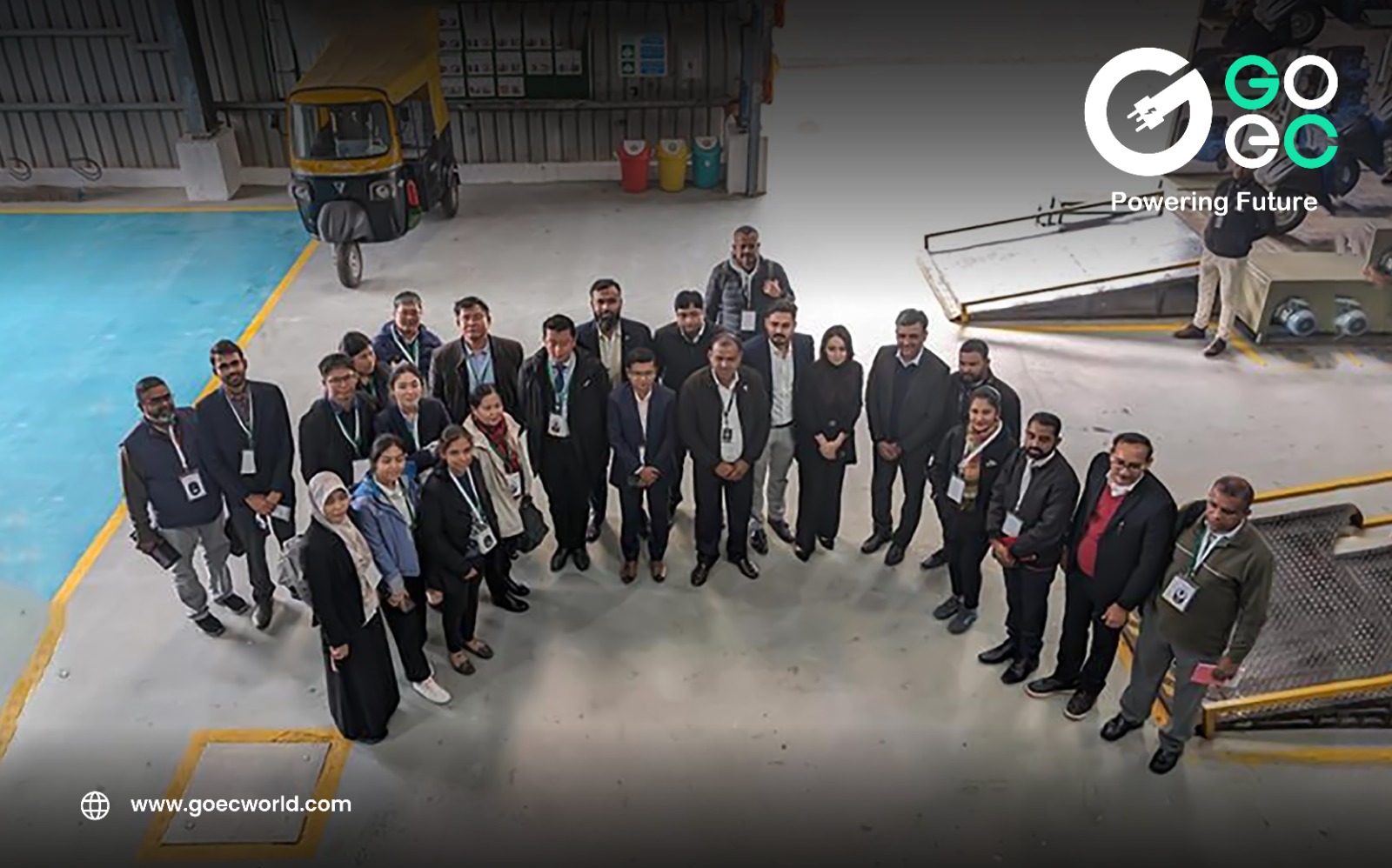Step into the electric future as we unravel the captivating story of India’s groundbreaking strides in the realm of electric vehicles (EVs). Recently, India hosted a landmark international study tour from January 30 to 31, welcoming representatives from seven Asian nations who were eager to explore the secrets behind India’s electric success.
In this first-of-its-kind initiative, delegates from Bangladesh, Bhutan, Indonesia, Sri Lanka, the Philippines, Thailand, and Vietnam embarked on a knowledge-sharing odyssey, delving deep into India’s EV manufacturing and battery innovation. This extraordinary event, supported by NITI Aayog and organised by the Asia LEDS Partnership (ALP), with ICLEI South Asia as the ALP secretariat, marks a pivotal moment as nations come together to learn from India’s electric evolution.
The study tour unfolded against the backdrop of India’s recent budget announcements, underlining the government’s commitment to expanding the EV sector. Sudhendu J. Sinha, Adviser at NITI Aayog, emphasised the importance of impactful awareness campaigns, technological support, and sustainable business models to effectively scale EV implementation.
Delegates had the unique opportunity to explore cutting-edge EV manufacturing facilities, including visits to LOHUM in Greater Noida and Omega Seiki Mobility in Faridabad. They delved into the intricacies of battery technology, manufacturing processes, and recycling, gaining valuable insights to adapt in their home countries.
The tour sparked international collaboration on enhancing battery life and efficiency, with Prillya Agusti from the Ministry of Transportation, Indonesia, emphasizing the importance of sharing experiences for sustainable mobility across Asian nations. This collaborative effort signifies a step towards a shared electric future.
Fast forward to 2024, and India’s EV industry has witnessed remarkable progress in manufacturing and global market penetration. Despite initial disruptions caused by updates in the FAME-II subsidy scheme, the electric two-wheeler market has exhibited resilience. With pricing now stabilizing close to non-subsidy levels, India’s EV market is entering a phase of maturity, especially post the recent budget announcements.
What makes India’s EV journey even more intriguing is its extension beyond major urban areas, with tier-2 and tier-3 cities playing a crucial role. Emani Kumar, Executive Director of ICLEI South Asia, highlighted the significant impact of electric buses, three-wheelers, and two-wheelers in reducing emissions, showcasing a shift towards sustainable public transport.
As we unveil the pages of India’s electric revolution, the world watches in anticipation. This journey is not just about vehicles; it’s about transforming the way we move and embracing a cleaner, more sustainable tomorrow. Stay tuned for more as we explore the currents of change that resonate beyond borders, sparking curiosity and excitement for the electric future that awaits us all.
